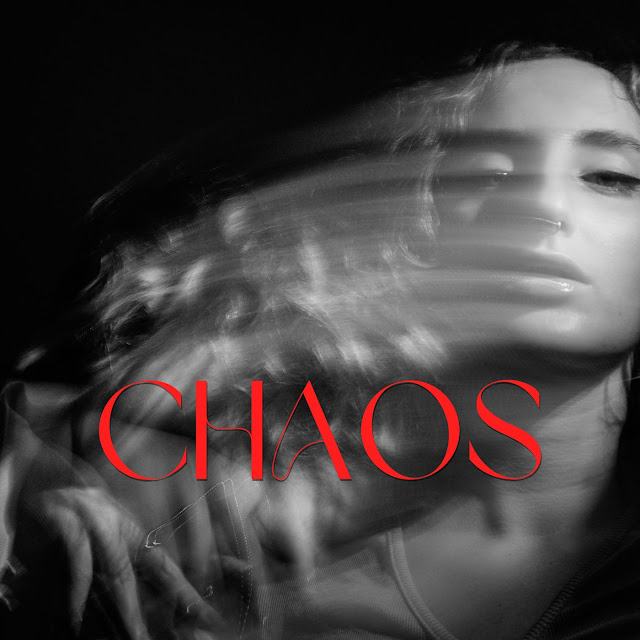Fame Is a Trap: The Tragedy of Liam Payne and the Dark Side of Stardom
Liam Payne's death hit like a punch to the gut. It’s a stark, painful reminder that fame, with all its glitz and glamor, is one of the worst things that can happen to someone. Yes, I said worst. People worship the idea of fame, but let’s be honest, it’s a slow poison—masked behind red carpets, designer clothes, and millions of adoring fans.
Look at Liam. He was just a guy with a dream, catapulted into global stardom with One Direction. You think being in one of the biggest boy bands of all time is a blessing? Think again. Fame strips away your normalcy. It feeds you a cocktail of constant dopamine hits: wealth, fans screaming your name, people throwing themselves at your feet, and yes-men telling you you’re untouchable. But then what? You’re left chasing highs that can never sustain you, emotionally hollowed out.
This isn't just about Liam. His tragic story fits into the much larger picture of how fame destroys lives.
Take Amy Winehouse, for example. A voice that gave us goosebumps, but behind the music, she was drowning. The people closest to her, instead of helping her fight her demons, enabled her every self-destructive whim. The industry cheered her on as she spiraled out of control, only stepping in when it was too late. And her reward? A lonely, heartbreaking death at 27.
Then there’s Kurt Cobain. The Nirvana frontman—brilliant, rebellious, raw. But the fame he never wanted became his prison. He was the voice of a generation, but internally, he was trapped by his own torment, with no one willing or able to break down the walls fame built around him. He ended his life because it was too much. Too many expectations. Too many people. Too much fame.
How many more? How many more tragic endings before we collectively stop worshipping celebrity culture like it’s the ultimate goal? Even Michael Jackson—the "King of Pop"—with the world at his feet, was so isolated, so disconnected, that he couldn't even trust the people around him to protect him. Instead, they fed into his addiction, his insecurities, his need for constant validation. He died alone, too.
This cycle is toxic. Fame makes you forget who you are. It strips you of your humanity because everyone around you is looking for something from you—money, status, attention. It's all an illusion. The constant stream of rewards—immediate gratification from every corner—numbs the soul. It’s no wonder so many fall into addiction, depression, or worse. The brain simply cannot handle the overdose of dopamine that fame brings. Liam was no different. He battled with mental health, substance abuse, and the weight of expectations. And no one stepped in to help him. Everyone just wanted more from him—more music, more appearances, more of Liam.
And let’s not forget the enablers—those who latch on to these stars for their own gain. The yes-men who nod and smile while someone’s life is falling apart, because as long as the money and fame are flowing, no one cares. The industry is filled with these parasites. They don’t care about your well-being; they care about how they can profit off you while you're still alive.
Fame isn’t a dream. It’s a prison with golden bars. It kills more than it helps. For every A-list celebrity we see thriving on the surface, there’s someone like Liam, Amy, or Kurt battling behind the scenes.
Liam's death should make us all question why we continue to glorify this lifestyle. Why do we feed into this toxic culture that keeps destroying people? Fame won’t save you. It will only ruin you.
So the next time you think you want to be famous, think about what it costs—the toll it takes on your mental health, your relationships, your life. Let’s stop pretending fame is the ultimate goal and start valuing what really matters—connection, purpose, and a life lived for yourself, not for the expectations of others.










Comments
Post a Comment